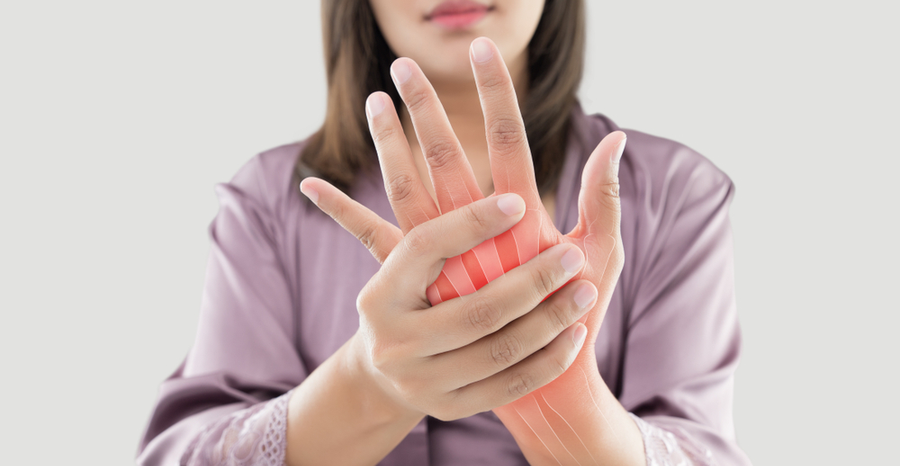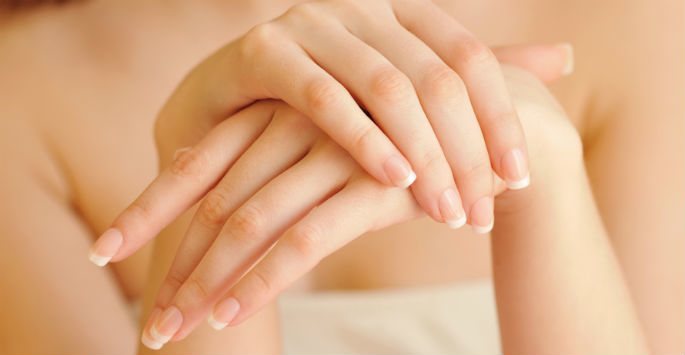Pop quiz: How many muscles do you have in your fingers? If you said, “Zero! That’s a trick question,” you’ve got our number. Your fingers contain no “muscles” at all. They’re actually controlled by muscles in your hands and arms that are connected to your fingers by tendons. So what are the muscles in the human hand?
Following are some of the basics you might want to know, especially if you’re experiencing pain in your hands, wrists, or fingers.
Muscles in the Human Hand
1. Interossei (Dorsal and Palmar)
You know the old trick of determining how many days are in a month by counting on your knuckles and the grooves between them? Well, the shorter months land in the area of the interossei muscles. All these muscles serve the same purpose, which is to bend the joints. The “dorsal interossei” muscles, however, allow us to spread out fingers, while we close them together with the “palmar interossei” muscles.
2. Lumbricals
The lumbrical muscles in the human hand can be found under each finger. They allow us to straighten our fingers and bend the joints.
3. Hypothenar
The hypothenar muscle group is located on the small finger side of the hand. This muscle group enables the small finger to bend and pull away from the ring finger. It also allows us to make a fist, as well as bring the small finger toward the thumb.
The muscles within this group are:
- Abductor digiti minimi
- Flexor digiti minimi
- Opponens digiti minimi
4. Thenar
The thenar muscle group is located in the bulky area under your thumb. The muscles enable the thumb to move in multiple directions, bend, and rotate. Without these muscles, we couldn’t grasp items.
Muscles in this group are:
- Abductor pollicis brevis
- Flexor pollicis brevis
- Opponens pollicis
The Thumb Exception
Although there are no muscles in the fingers, two muscles can be found near the thumb: the adductor pollicis and the abductor pollicis longus.
The first is located between the index finger and thumb, and the second passes through the wrist. We couldn’t pinch without them.
Seeking Treatment
If you have carpal tunnel syndrome, cubital tunnel syndrome, or other hand or wrist conditions, they can cause pain in and around any of these muscles.
If you are experiencing pain or swelling in your hand, wrist, or fingers, make an appointment to see our hand surgeon in Macomb Township, Howell, Warren, or West Bloomfield.















